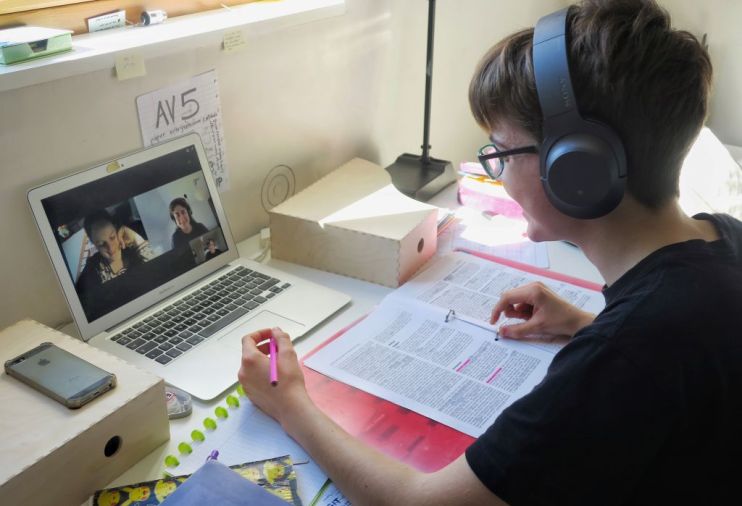The future of the Covid generation rests on putting skills first

Throughout my career, the skills crisis has never felt more acute than it does now — and nor has the momentum to address the challenge been greater.
We are reminded today, UN World Youth Skills Day, that while the pandemic has amplified the problem, it is not the cause. Even before Covid-19 took its grip on the world, the level of young people not in education, employment or training had been rising globally, and the UK rate sits stubbornly above a number of other major economies.
Last week, the chancellor announced much-needed measures to support UK jobs, with £1.6bn to be invested in apprenticeships, training and employment support schemes. Most would agree that he was absolutely right to prioritise jobs and, in particular, to put special emphasis on young people, the cohort who have been disproportionately affected by the pandemic.
However, while the stimulus is good news, it is exactly that — a stimulus. More needs to be done, not only by the government but by business too, to address the underlying structural challenges affecting jobs, opportunity and employment.
In addition to the challenges of a post-pandemic jobs market, PwC research suggests up to 28 per cent of jobs of UK workers aged 16–24 could be at risk from automation by the 2030s. Covid has accelerated this shift, with particularly rapid transformation in some sectors such as retail and consumer — a sector where young people are a significant proportion of the workforce.
While we cannot and should not halt the tide of technology replacing jobs, we can prevent the negative impact on opportunity. New technologies such as artificial intelligence are also creating jobs (our research suggests almost equal numbers to those displaced). The challenge is making sure people develop new skills to adapt to different work. This adaptability applies equally to people who need to find new work during the crisis to those whose jobs may evolve over time.
A formal skills programme, building on the chancellor’s announcements from last week, could bring a systematic approach to reskilling and redeployment for immediate and longer term needs.
It could not only help to protect jobs in structurally sound but challenged sectors like tourism and hospitality, but also support the creation of new jobs in emerging sectors, including those critical to decarbonising the economy. It could also align with government aims to “level up” regions, by focusing on particular locations, and support disadvantaged groups including black and ethnic minorities who are most at risk of being left behind.
While the government needs to spearhead any new skills programme, it must work alongside business, local enterprise bodies, trade groups, schools and colleges to succeed.
This isn’t about starting from scratch — I’m heartened by the number of collaborations already underway. For example, next week we’re kicking off a Leadership Exchange programme, which brings together existing and future business leaders, to turbocharge efforts to improve UK skills. Some 60 such leaders have committed to an 18-month programme, with the goal of developing and delivering comprehensive plans to improve skills across multiple businesses and sectors, and also the wider community.
We’re under no illusions though. There is no short-term fix to a challenge of this scale. The hard truth is that some jobs will never return after the pandemic. But the future of the so-called Covid generation is not set in stone. The economy cannot recover, let alone support our ageing population, without this cohort given a fair opportunity.
There is no choice: we need to get on and put skills at the heart of our post-pandemic plans.
Main image credit: Getty